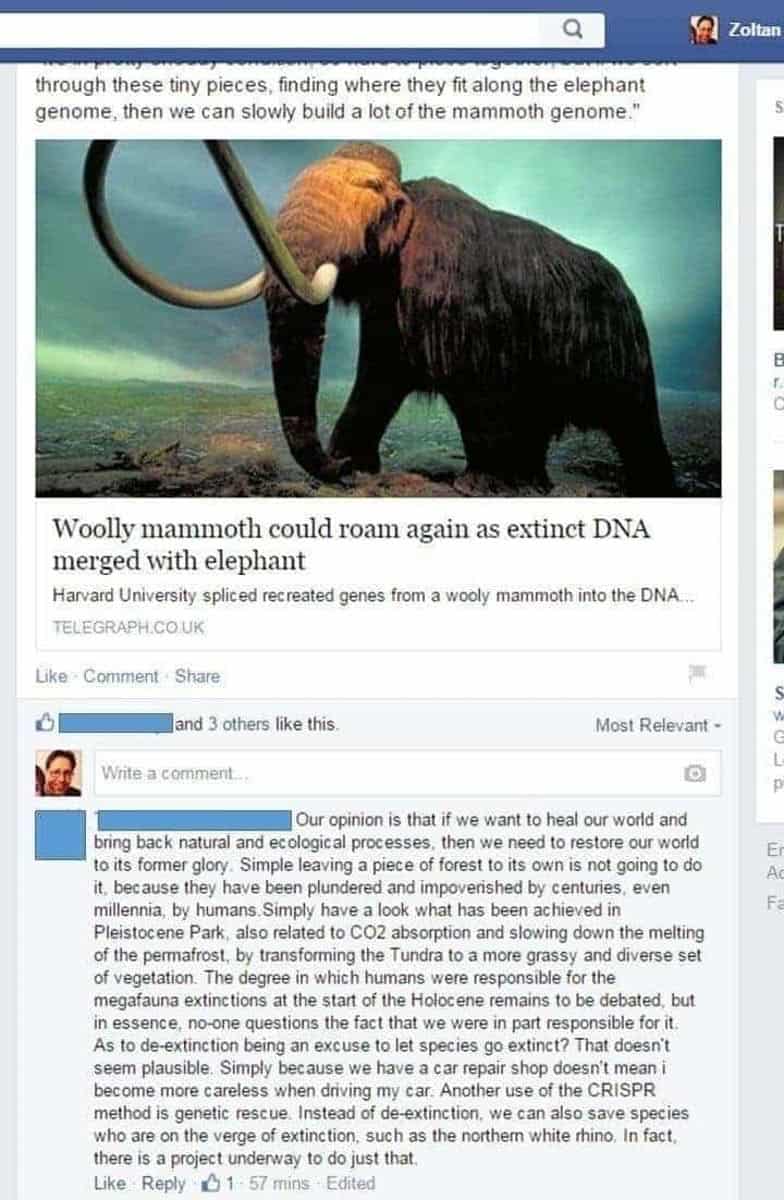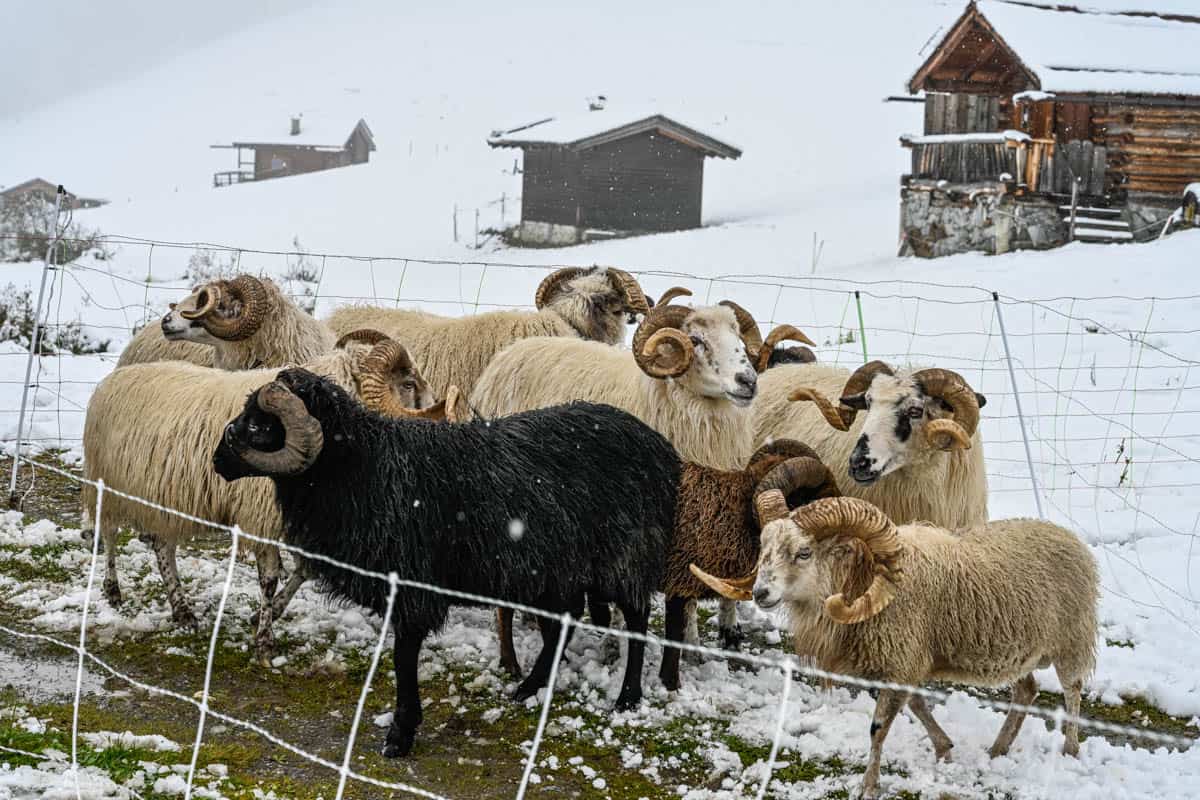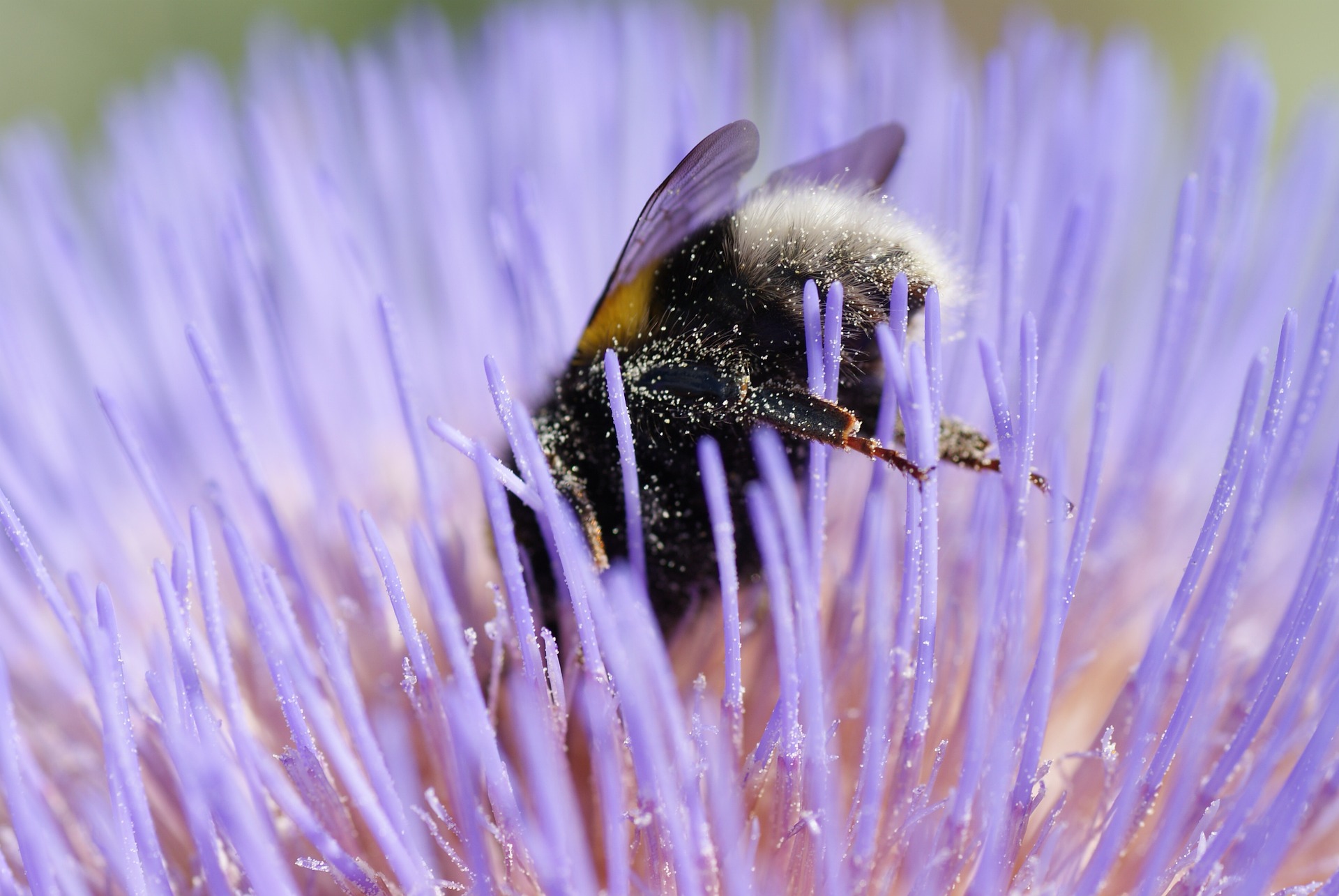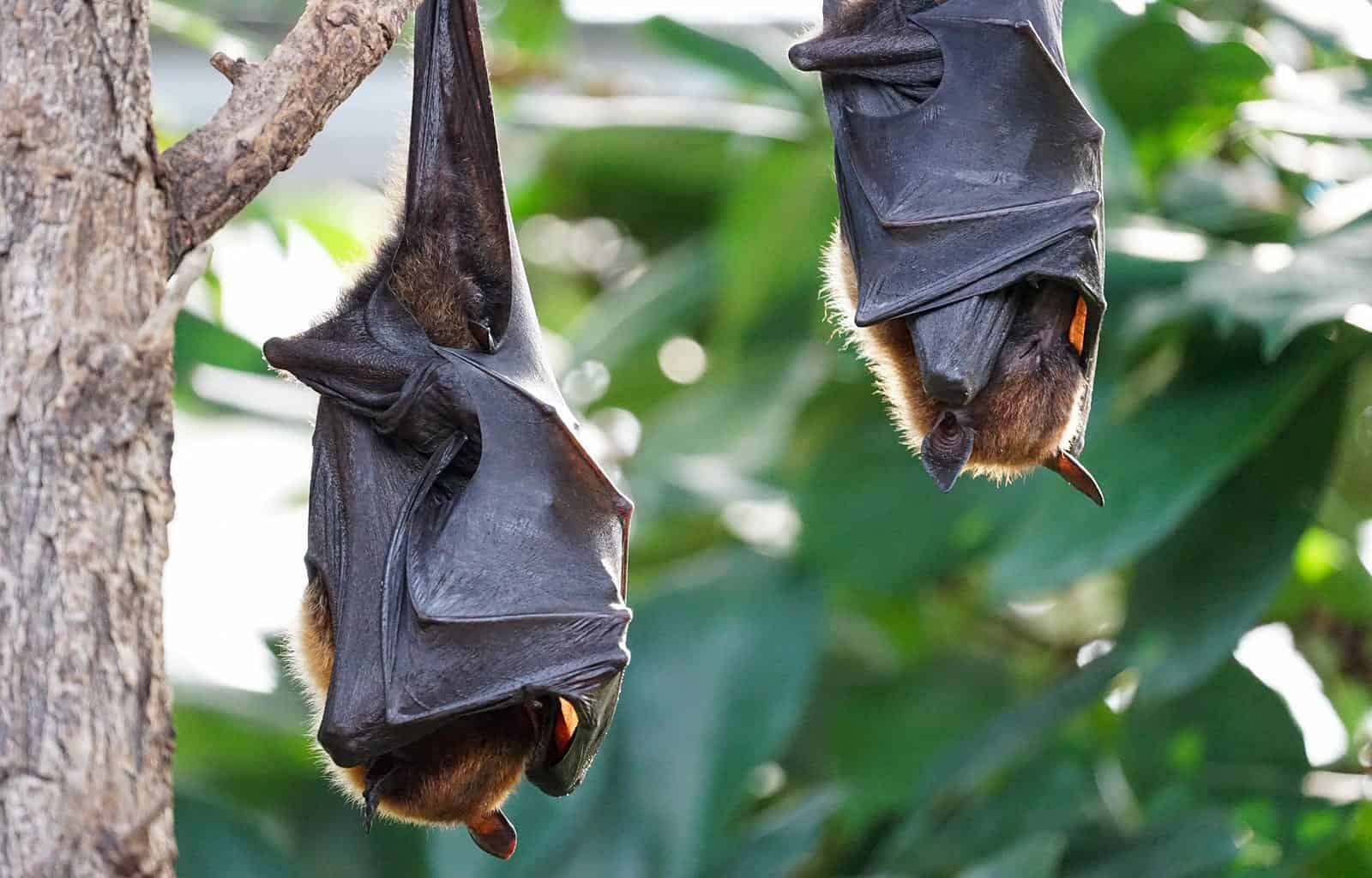Nature-inclusive agriculture boosts insect diversity
Insects are crucial for the pollination of many plants and trees. They also play a vital role in the agricultural sector as crop pollinators. Over the last years and decade, the diversity and abundance of insects has been declining rapidly. This worrying trend pushes researchers to find ways to restore and boost insect diversity. A new study in the Journal of Applied Ecology describes its finding on how agricultural lands can contribute by preserving semi-natural habitats and crop diversity.
Please also read: Global insect numbers continue to drop
Benefits of diversity
A group of European researchers looked at the impact of agricultural practices on insect diversity. They found that with a diversity of crops on the field, the diversity of insects also significantly increased. This effect was strongest in areas where the agricultural lands are mixed with semi-natural habitats. These semi-natural habitats could for example be a forest or unused grassland. Species like bees, beetles and hoverflies seem to benefit most in these mixed agricultural areas. This is potentially benefitting the crops too, as these insects predate on other harmful insects, or help pollinating the crops.
Encouraging farmers to mix forests and grasslands with their agricultural fields, could thus help mitigate the global insect decline. This way of nature-inclusive farming will also ensure that other wildlife species benefit. The forests and grasslands also provide a home for birds and rodents, for example.
Insects are small, but important
Even though they might be tiny compared to other animals, insects have a key role in the ecosystem. Especially the insects on land that help plants to reproduce. Researchers are still trying to unravel the interaction and impact in detail, as we simply know little about the majority of insects. One thing is clear, the human destruction of favourable habitats is causing a rapid loss of insects by the millions. Without fully understanding the insect’s role, we are also not fully aware of what we are loosing. A previous study performed an analysis, showing that we are even losing at least 40% of the insects forever.
Insect Respect
Last year, European Wilderness Society organised youth education activities to inform youngsters on the importance of insects. This ‘Insect Respect’ project helped the participants to learn what insects are, what they do, and how that helps nature and humans. In the interactive workshop, we built insect hotels that the youngsters could place in their gardens at home.
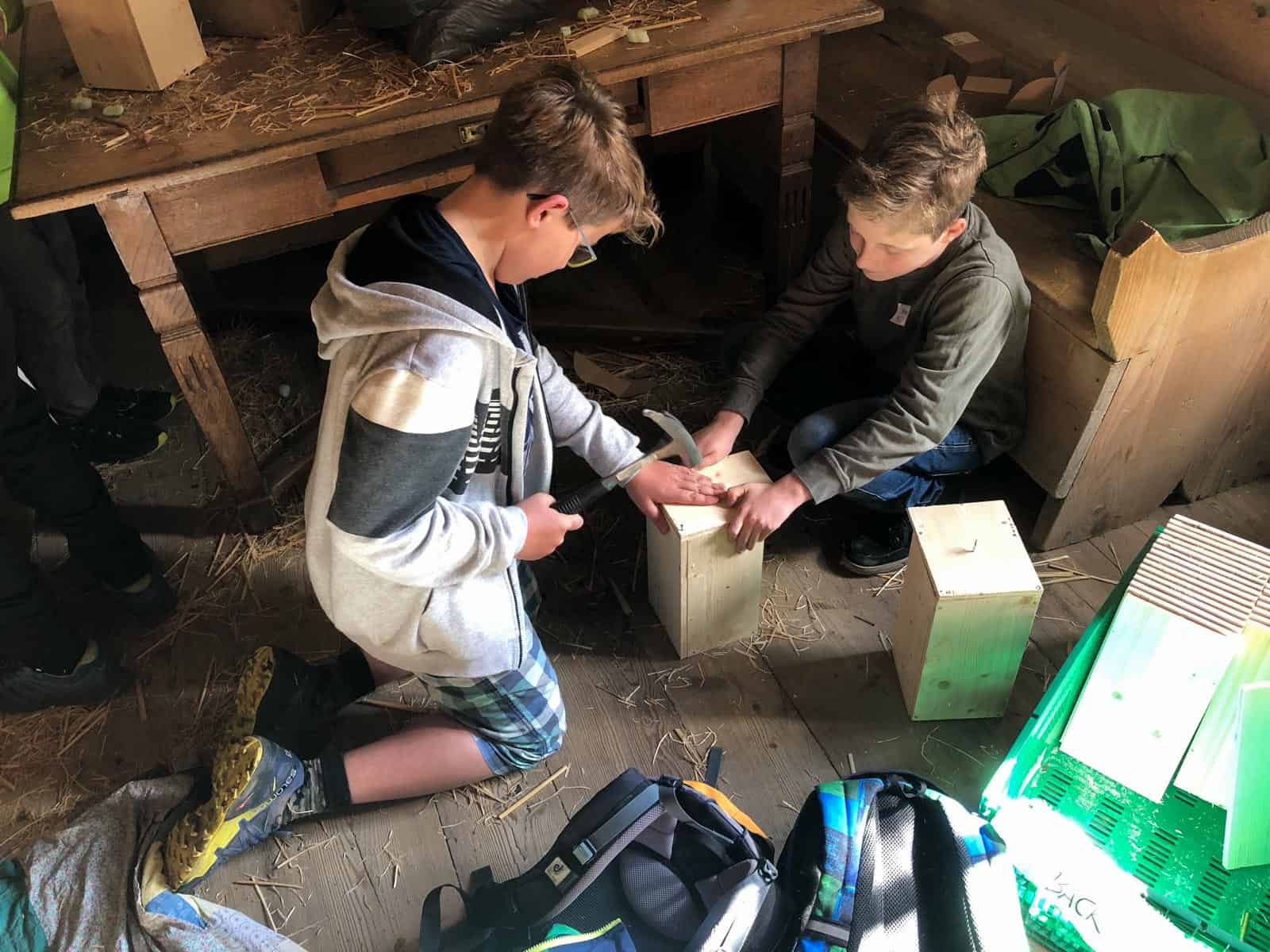
Youth Green Conference-29798.jpg – © European Wilderness Society CC BY-NC-ND 4.0 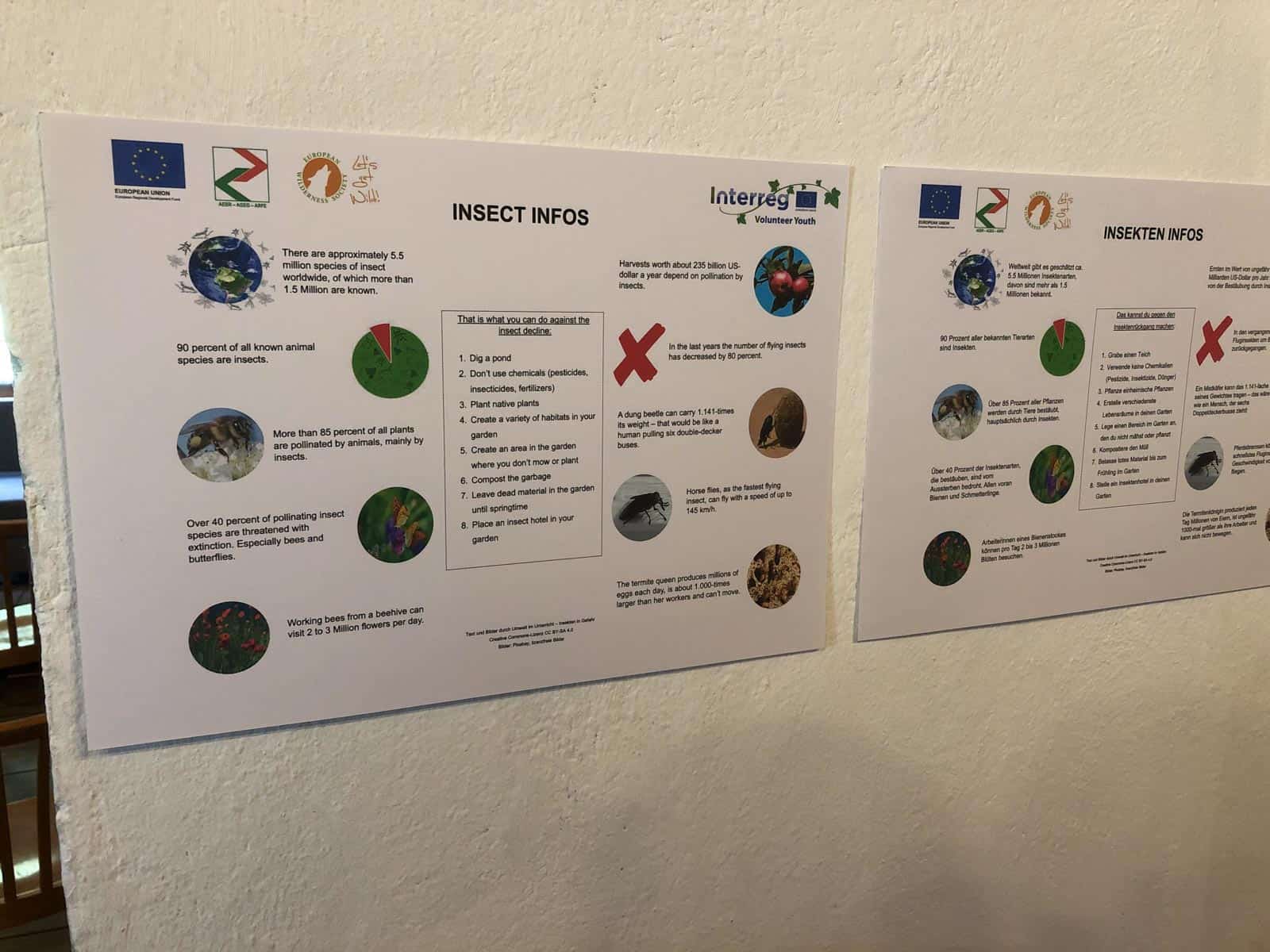
Youth Green Conference-29796.jpg – © European Wilderness Society CC BY-NC-ND 4.0 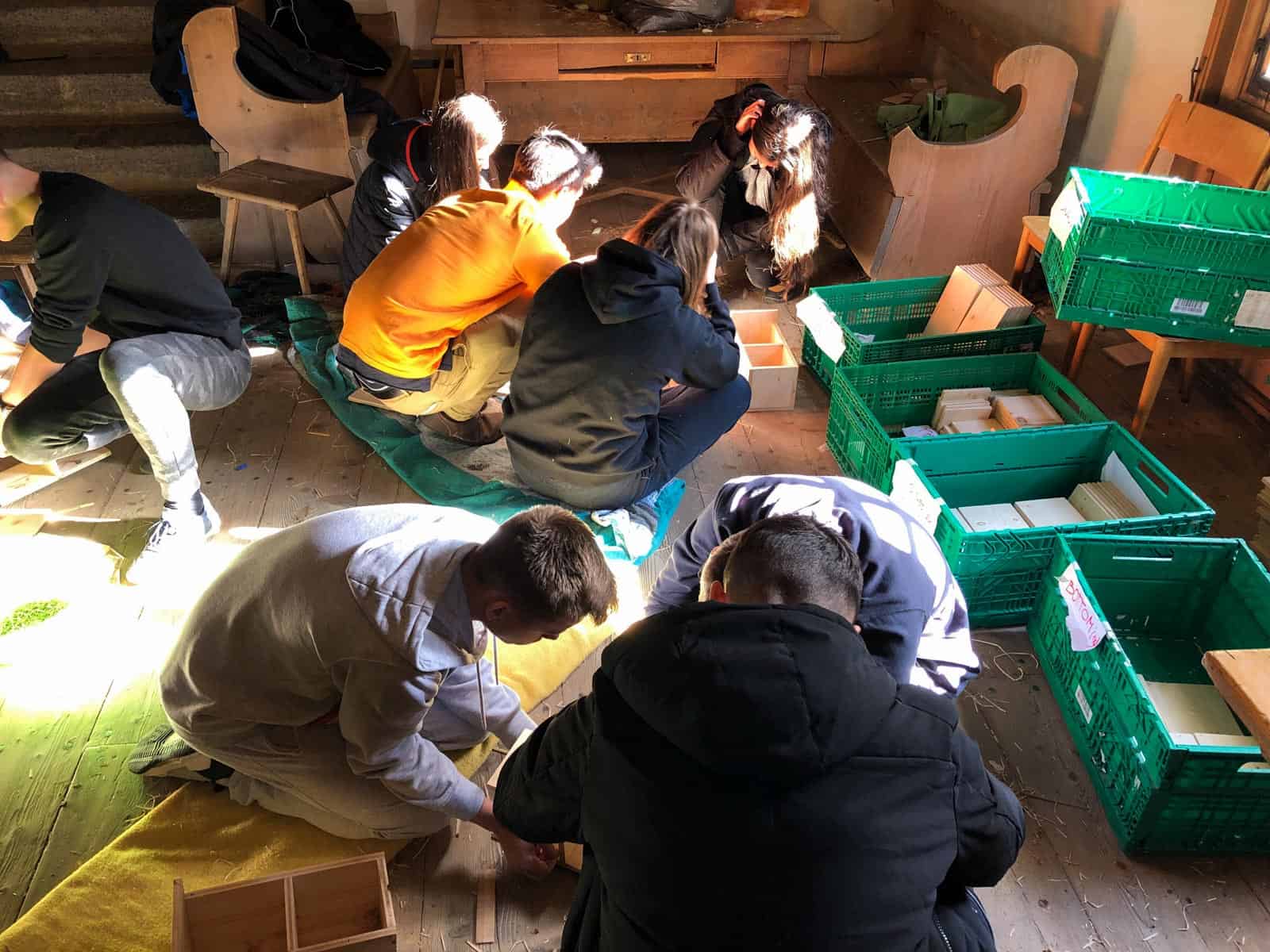
Youth Green Conference-29794.jpg – © European Wilderness Society CC BY-NC-ND 4.0 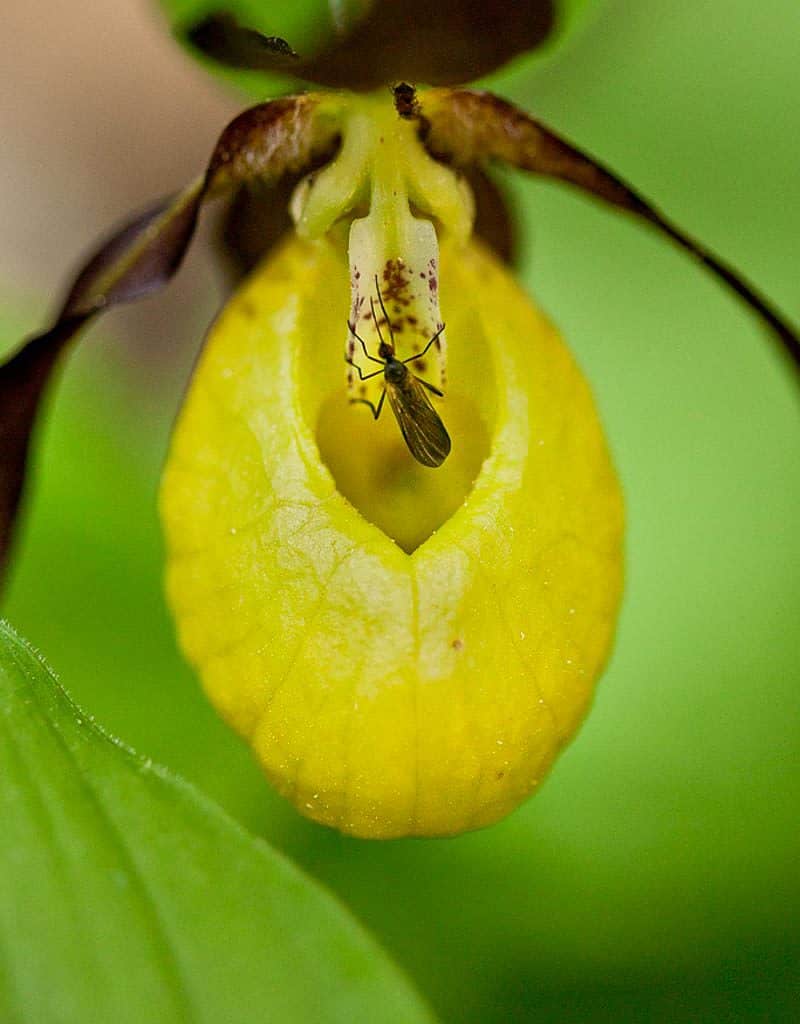
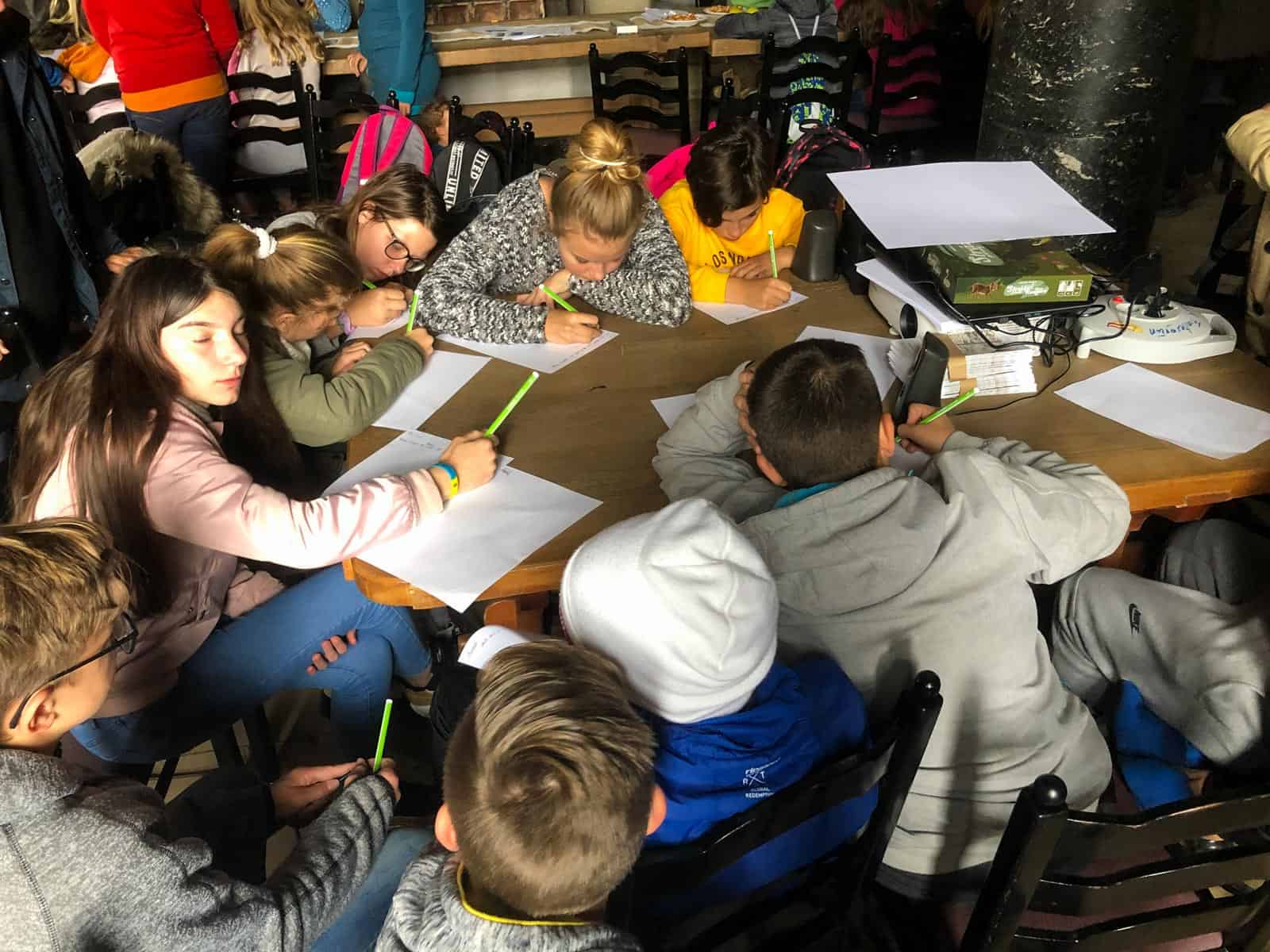
Youth Green Conference-29428.jpg – © European Wilderness Society CC BY-NC-ND 4.0 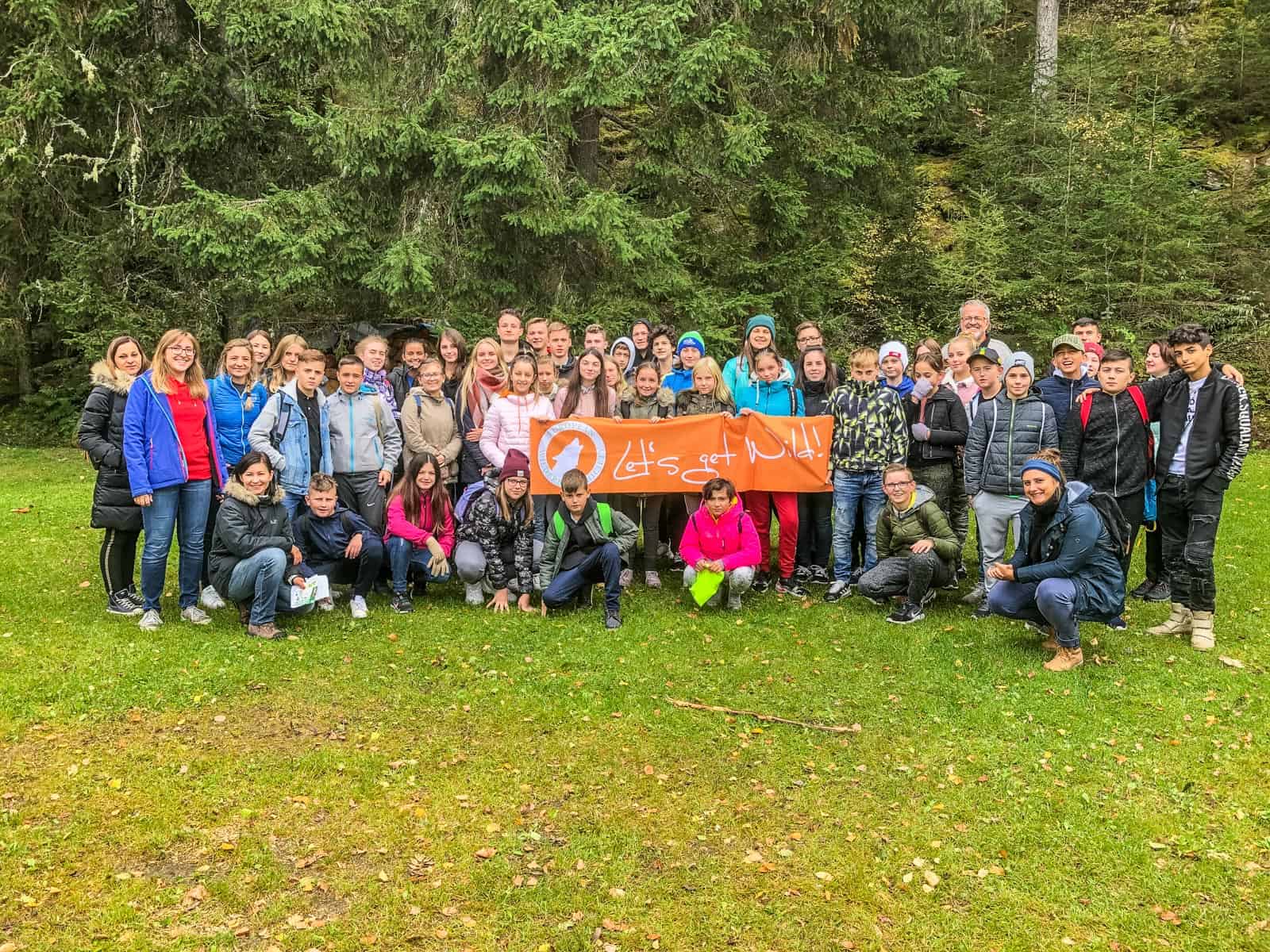
Youth Green Conference-29424.jpg – © European Wilderness Society CC BY-NC-ND 4.0 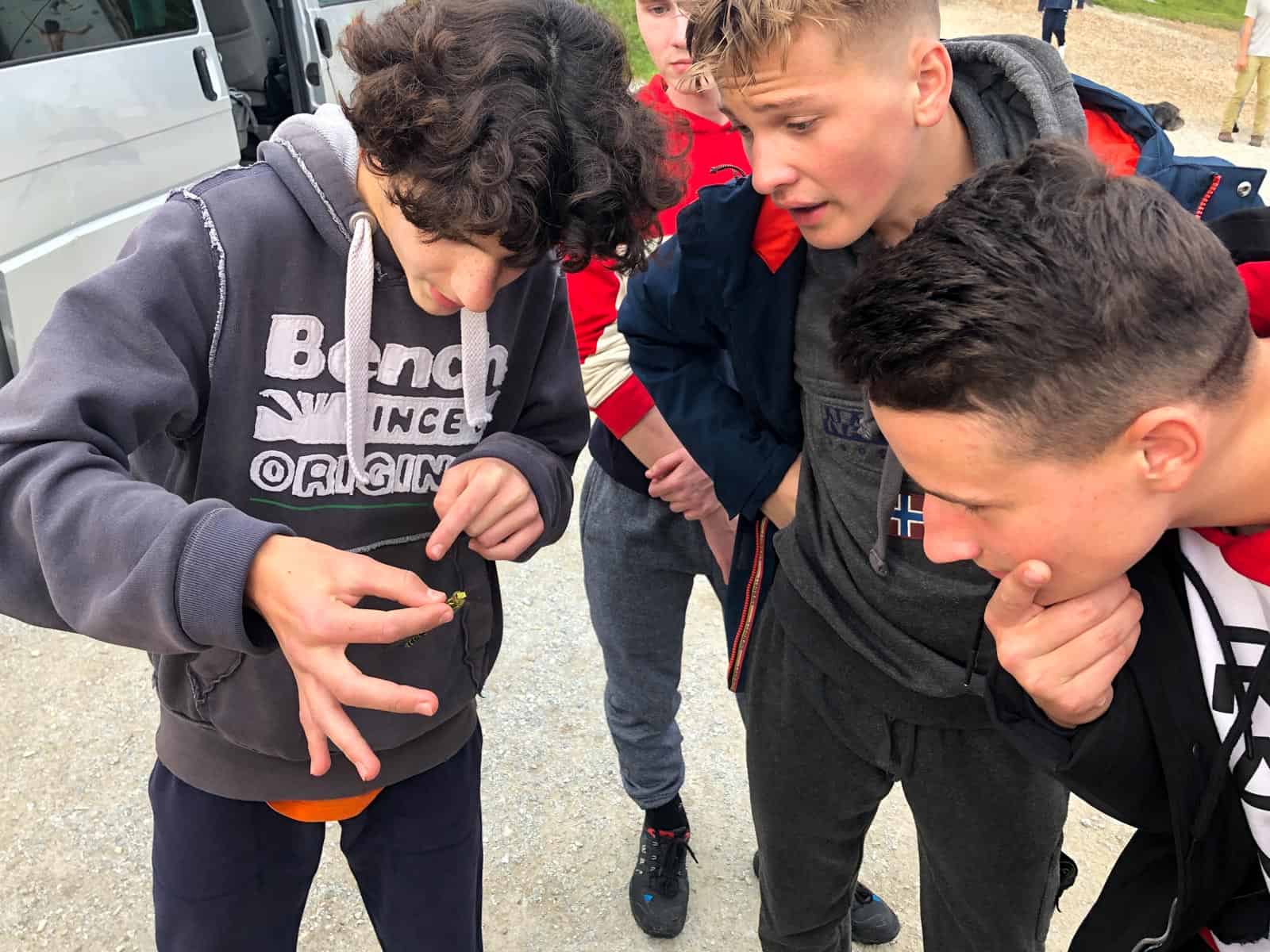
Youth Green Conference-29407.jpg – © European Wilderness Society CC BY-NC-ND 4.0 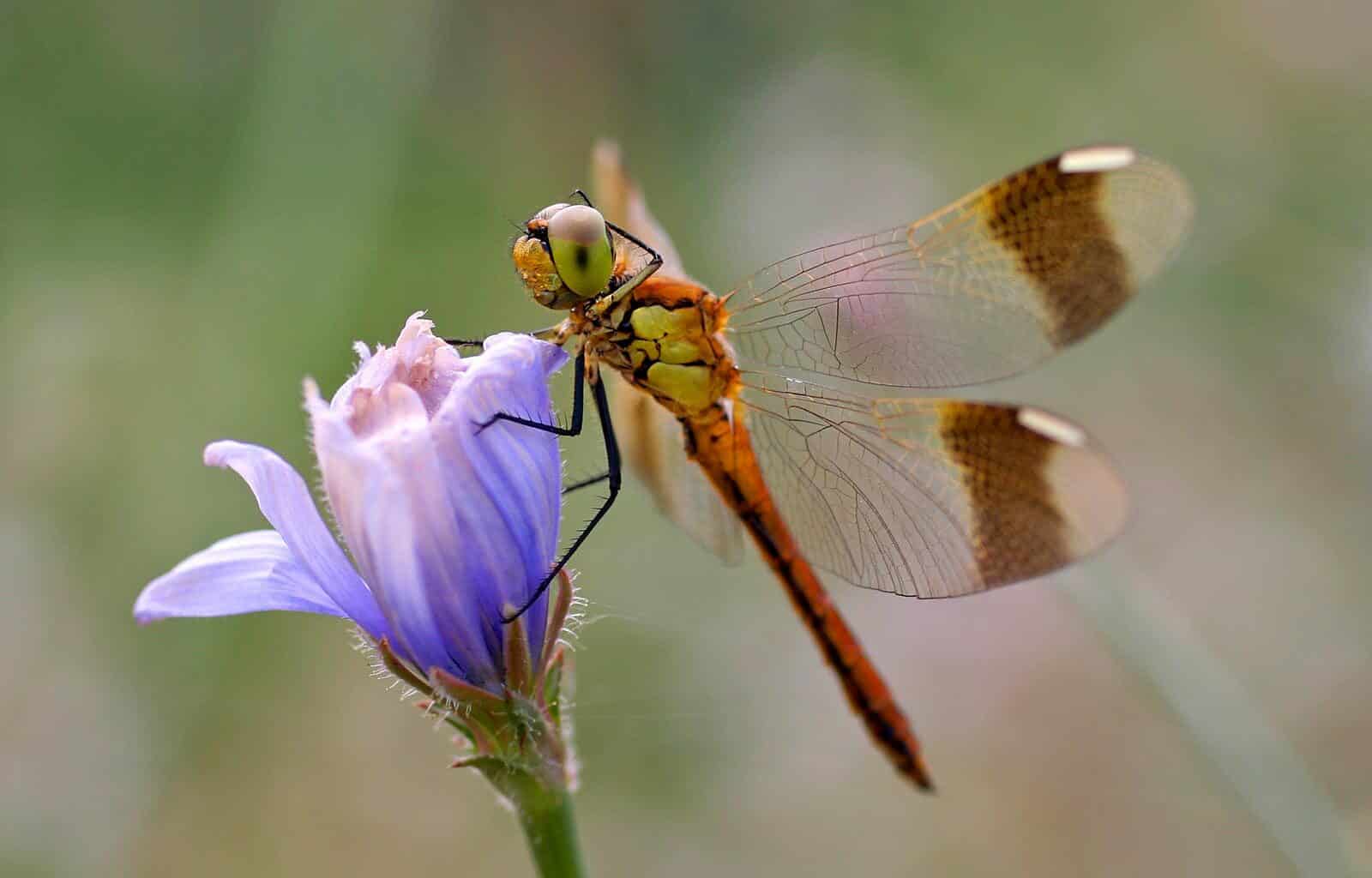
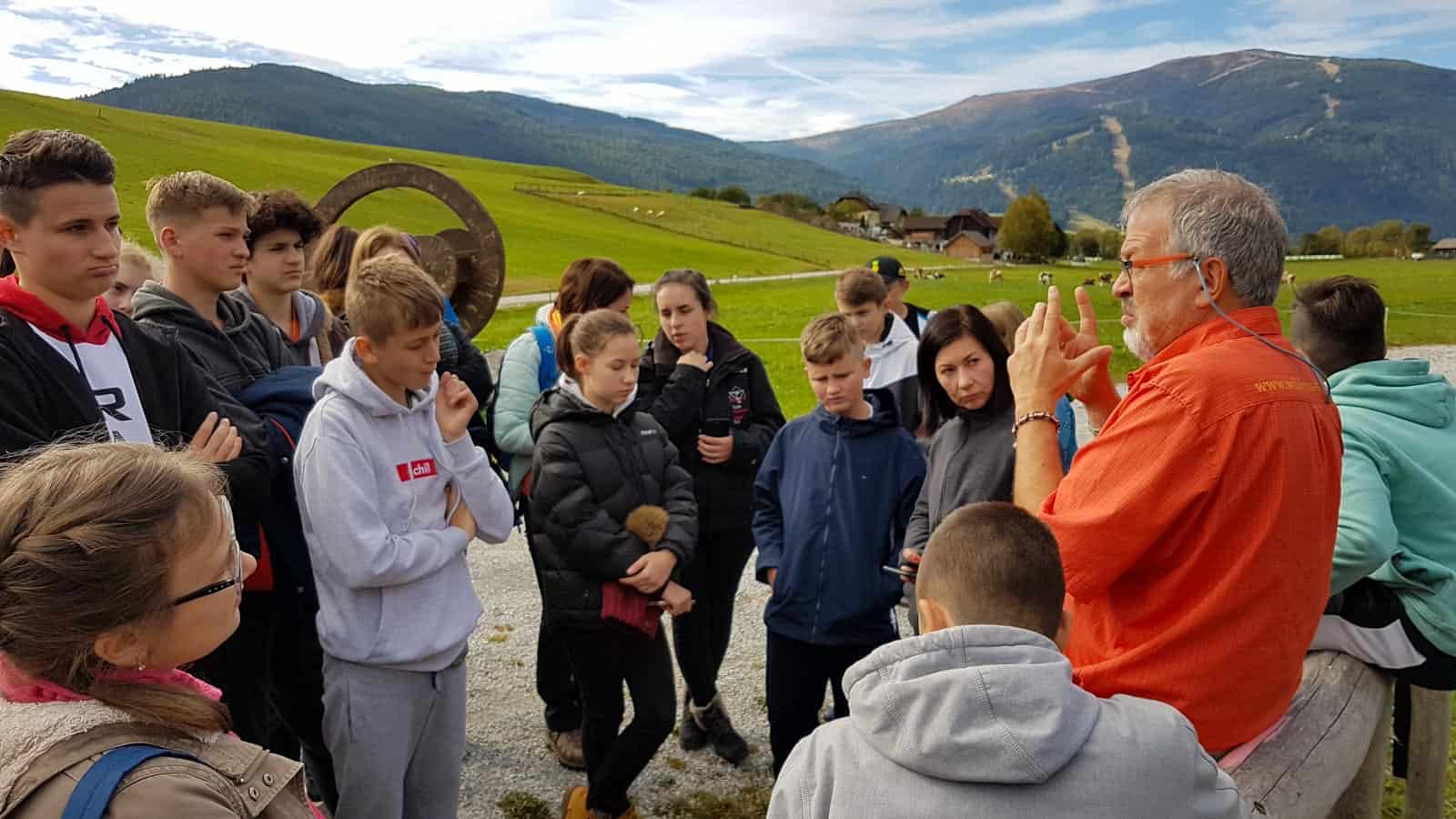
Youth Green Conference-29340.jpg – © European Wilderness Society CC BY-NC-ND 4.0 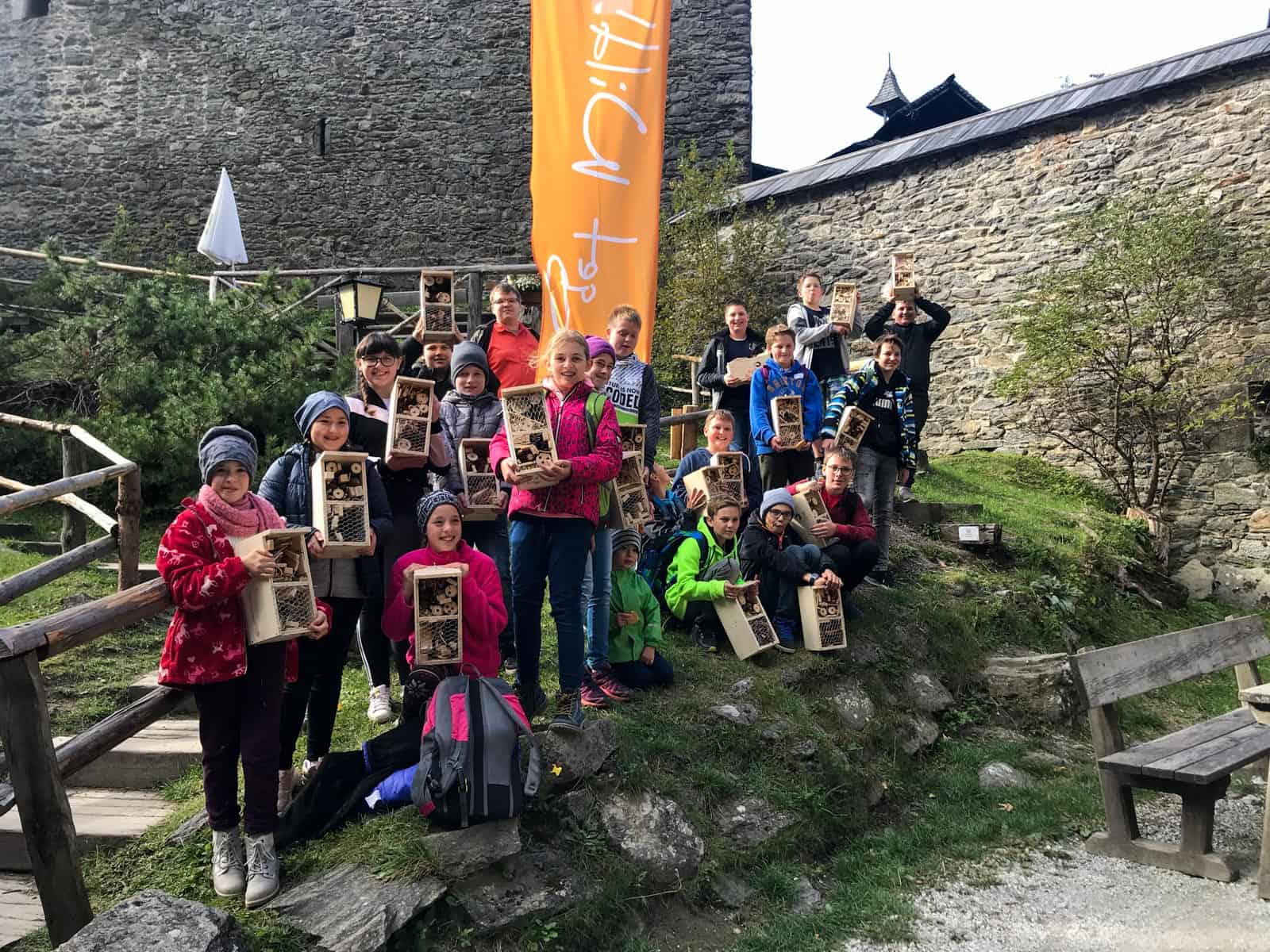
Youth Green Conference-29268.JPG – © European Wilderness Society CC BY-NC-ND 4.0 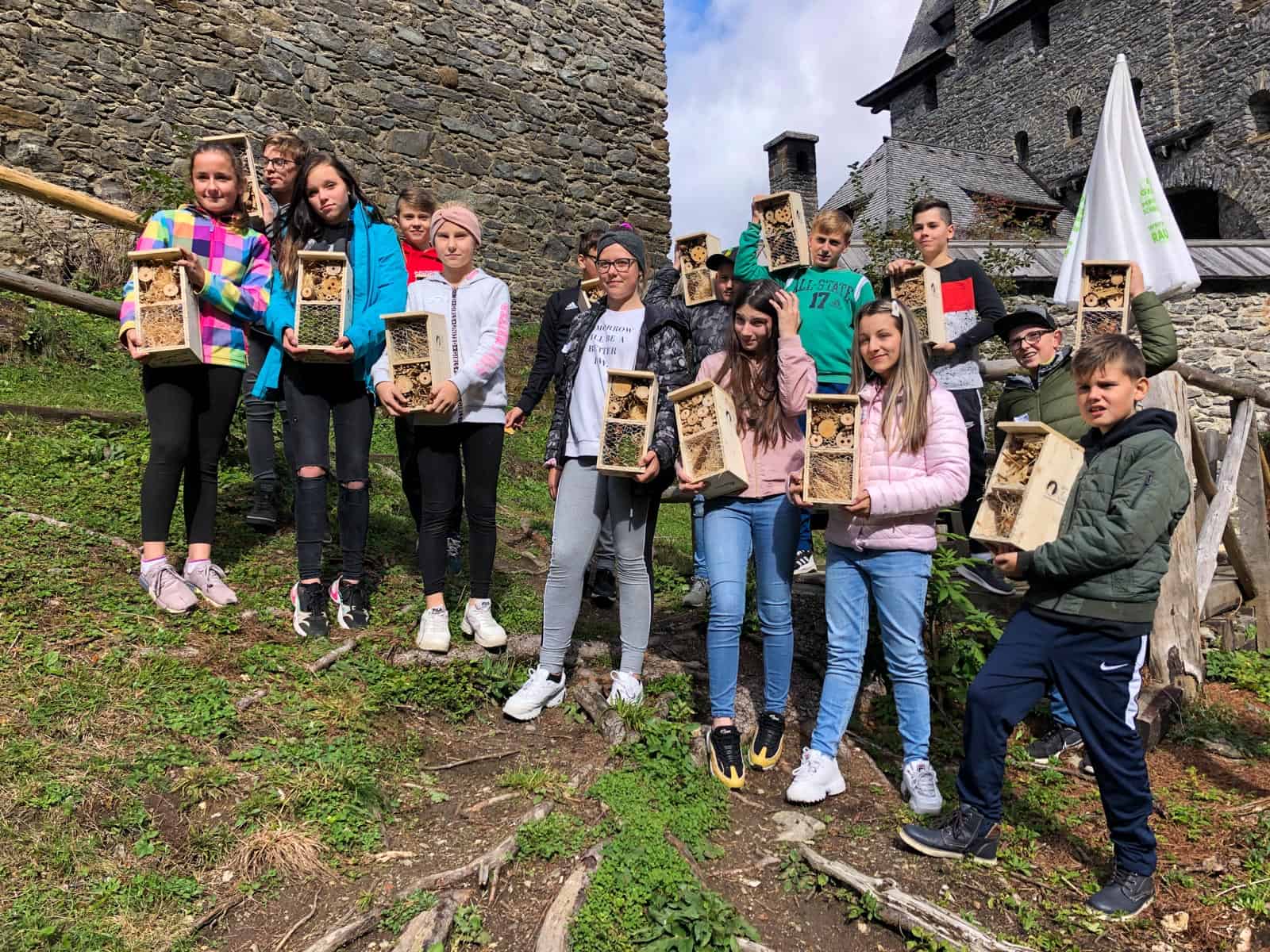
Youth Green Conference-29166.jpg – © European Wilderness Society CC BY-NC-ND 4.0



